I recently saw this video of Paul Simon on the “Dick Cavett Show” performing a partially finished “Still Crazy After All These Years.” You can listen to the completed version here. There’s three lessons in this video – it’s okay to ask for help, give your audience a chance to be an insider and show your process.
Paul Simon, Asking for Help, Being an Insider and Showing Your Process
My Favorite Books of 2015
Another year has come and gone, but not before I read my way through some inspiring and thought-proving books. Did these books top 2014’s list? I don’t know, but they’re just as awesome. I delved into creativity, a biography, leadership, and marketing. I took away a lot reading these, and I’m positive you will too. Without further ado, here are my favorite books of 2015.
Thank you, David Letterman!
I’ve been a fan of David Letterman ever since I watched his morning show. Yes, you read that right – his morning show. It was 1980 and I was on summer vacation and about to enter the sixth grade. Geez, that was a long time ago! I somehow stumbled across it one morning. It must have been raining or something. Thank God for that!
The 5 Most Underrated Songs by the Beatles
The amount of songs written and recorded by the Beatles is staggering. With a recording career that spanned just over 7 years they released 13 albums and 22 singles (enough to fill 2 more albums known as Past Masters Vol. 1 & 2).
“Stop Talking. I’m Painting.” A Lesson in Focus and Eliminating Distractions.
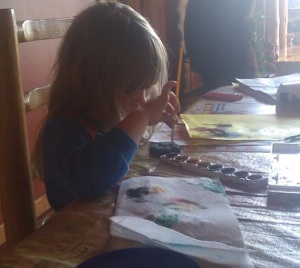 Recently my sister decided to give my 3 1/2 year old niece some paints, brushes, and paper; figuring that she’s old enough to be able to have fun without making too much of a mess. My niece enjoys coloring books and drawing, so it seemed like a logical progression.
Recently my sister decided to give my 3 1/2 year old niece some paints, brushes, and paper; figuring that she’s old enough to be able to have fun without making too much of a mess. My niece enjoys coloring books and drawing, so it seemed like a logical progression.
Robin Williams and The Artist’s Soul
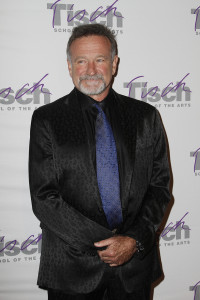 The death of Robin Williams has deeply saddened me. I feel sorry for his family, and for those of us affected by his work. But, I mostly feel sorry for him. Artists like Robin Williams give, and give, and give, and yet he didn’t feel like he got enough back out of life to live.
The death of Robin Williams has deeply saddened me. I feel sorry for his family, and for those of us affected by his work. But, I mostly feel sorry for him. Artists like Robin Williams give, and give, and give, and yet he didn’t feel like he got enough back out of life to live.
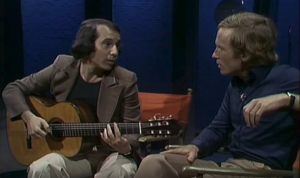
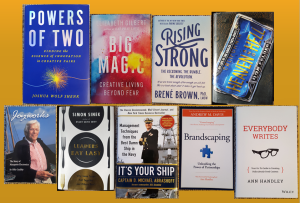
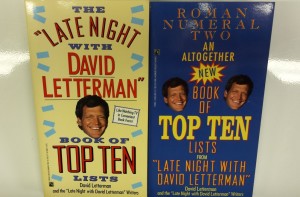
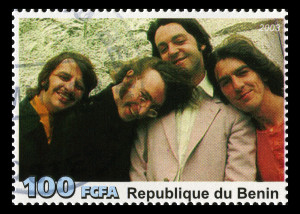
Follow Me!